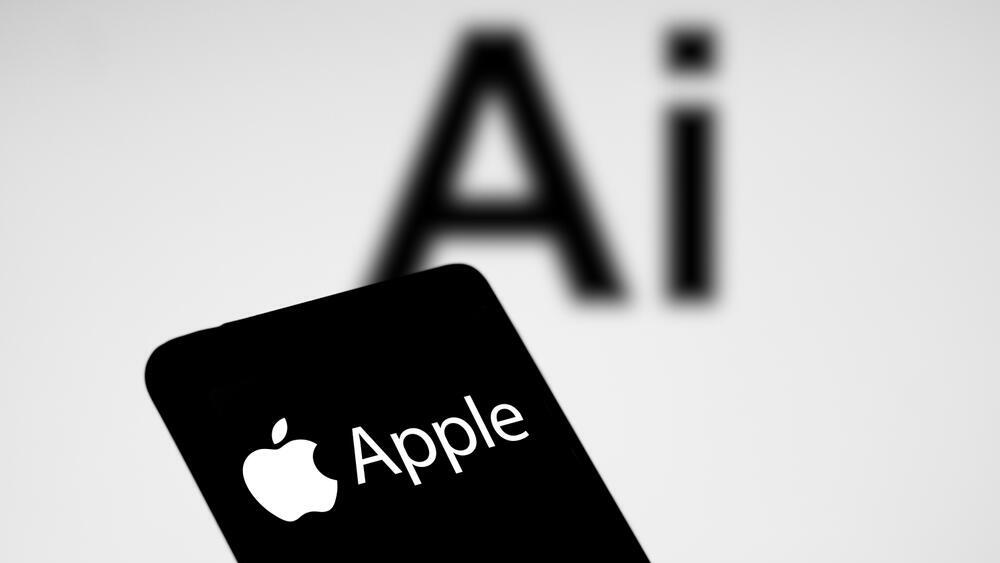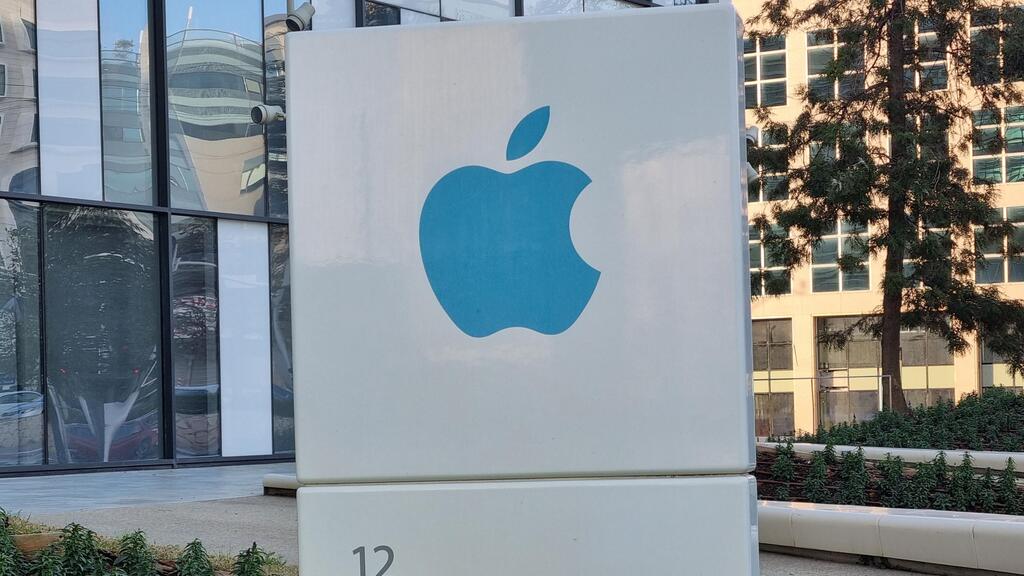Apple is working on its first chip designed specifically for cloud-based artificial intelligence (AI) applications, tech outlet "The Information" reported. According to various reports, an Israeli development team in Herzliya will lead this innovative project.
The team is the same one usually responsible for developing the M chips for Apple’s Mac computers. The chip, internally codenamed “Baltra,” is expected to enter mass production in 2026 via Taiwan’s TSMC.
The initiative aims to reduce Apple’s reliance on Nvidia chips, which currently dominate the market. Apple is collaborating with Broadcom to develop advanced networking technology for the new chip. Broadcom, a leading chip manufacturer, provides development services to Apple and operates three R&D centers in Israel’s Tel Aviv, Haifa and Nazareth.
The report reveals that, in order to enable progress on its new chip, Apple canceled the development of a high-performance Mac chip last summer, which was set to be the company’s most advanced yet.
The decision freed up staff to accelerate work on the AI chip, underscoring its importance for the iPhone maker. While Apple’s processors feature built-in AI components for on-device tasks on iPhones and iPads, generative AI requires a cloud-based computing infrastructure.
Currently, Nvidia dominates the AI processor market for servers, but its products force customers to use only Nvidia-developed technologies – a model reminiscent of Apple’s own ecosystem.
Apple, however, keen to avoid external dependency after its less-than-favorable experience with third-party chipmakers like Intel, decided last year to pursue in-house development of a chip to power its cloud AI systems.
The new chip is expected to significantly impact Apple’s chip strategy and its AI capabilities. However, canceling its Mac project raises questions about the timeline for launching future high-performance Mac models.
While Apple’s M processors are already very powerful, they fall short in certain areas such as 3D rendering for films, scientific simulations or developing advanced technologies, which previously relied on the Ultra and Extreme M-series chips.
Apple’s entry into the AI market might also allow the company to offer AI computation services to external customers, a rapidly growing sector. Establishing itself as a key player in this field is particularly important after missing the generative AI revolution led by OpenAI, Anthropic and Google.
Incidentally, Google is also working on AI chips for its cloud services in collaboration with Broadcom, though most development takes place in-house.
The announcement also holds significance for the Israeli economy. Developing AI chips in Israel will provide valuable experience for Apple’s local chip engineers and could attract other companies to establish or expand R&D centers in the country.
Get the Ynetnews app on your smartphone: Google Play: https://bit.ly/4eJ37pE | Apple App Store: https://bit.ly/3ZL7iNv
In a world where Intel’s future is uncertain, this development offers a promising opportunity to expand job offerings in the field and draw young talent to the industry.
While chip development is considered less glamorous than cybersecurity or software development, the Israeli high-tech sector has flourished over the past decades largely thanks to it. The industry’s heavy reliance on Intel poses a risk, especially as the company’s future remains unclear.



